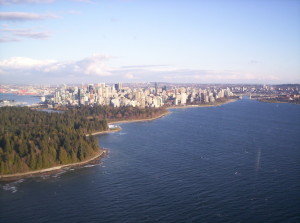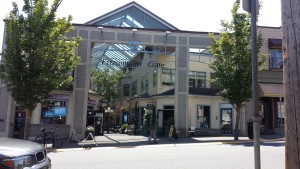Richard Florida and others have made the compelling observation that in the 21st century, the world is not flat –some cities will grow and gain ground, and others will lose ground, population and viability. While this discussion has revolved around the city performance and infrastructure much of the time, the intangible of “brand value” is now becoming key.
The Guardian has just released an interesting study – a competitive ranking of city brands around the world.
Cities, as with companies, need a strong brand to attract talent, tourists, investment, media attention and investment in a highly competitive world.
I have not reviewed the methodology in detail, but the results are interesting.
- LA beats Paris and New York.
- Atlanta beats Vancouver (which fairs very poorly even though being voted one of the world’s most livable cities every year for decades) but Vancouver beats Venice.
- Las Vegas beats Dubai, but not Seoul.
- Sao Paulo beats Tokyo but not Bangkok.
- And the surprises continue.
The study considers the city’s brand assets and how they use what they have. Cities that actively promote themselves obviously do better than those who don’t.
“Brand” is often a troublesome word for the over-educated, cynical and anti-pop culture professions involved in planning, designing and building cities, however in 2016 and ever after, while authenticity and integrity is key because a brand reputation must be continuously upheld, consciously creating your brand it is not an option – it is a fact of life.
Interesting lessons for progressive cities here – if nothing other than major media outlets are now studying city brands!
For smaller communities, positioning themselves as “also-rans” by trying to be “as good as” other urban centers is a losing proposition – just as trying to be “as good as” is a poor business strategy for any company. Smaller cities and communities while competing less on the global stage, still compete on the national, provincial and regional stage – and therefore interesting lessons are to be learned.
Don’t try to be “as good as” – work to be “good enough” and then emphasize and celebrate your differences so you develop a unique brand in the minds of local residents, businesses, tourists and investors.

